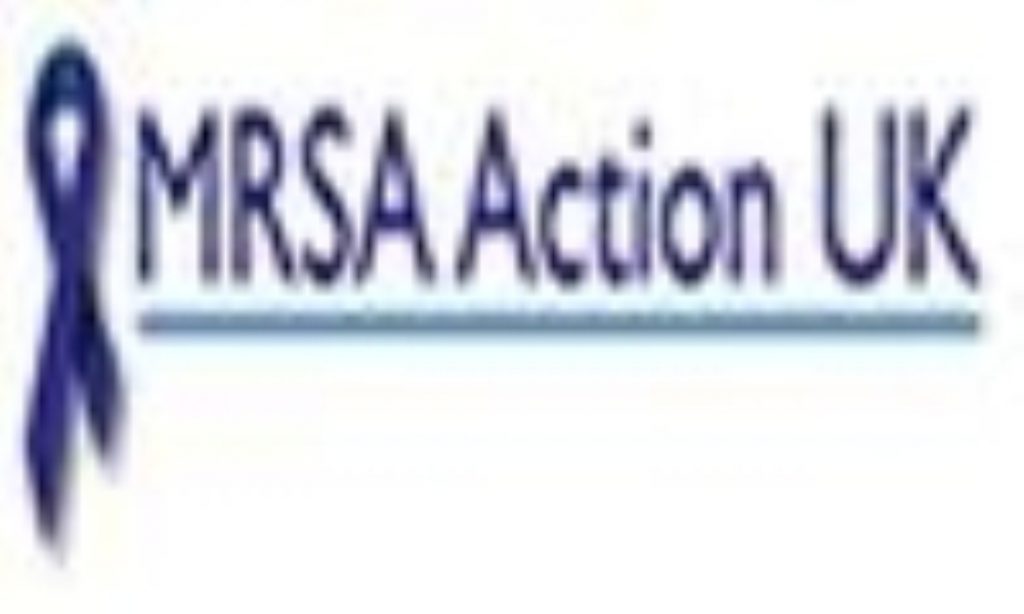MRSA Action UK: The true toll of deaths from MRSA and Clostridium difficile
MRSA Action UK express caution in the reported fall in the numbers of recorded deaths attributed to MRSA and Clostridium difficile, a reduction is what we would expect given the tremendous efforts being made to eliminate avoidable healthcare associated infections. We remain sceptical about the recording of information on death certificates and the accuracy of the data however.
Previously reports on deaths involving MRSA published in 2008 included breakdowns at a local level. The reason given for changing the reporting method is because the recorded information was not regarded as being of sufficient quality for routine publication as National Statistics. The ONS recognised that death certification practices vary between doctors and establishments. This means that some establishments may be more likely to record MRSA and Clostridium difficile than others. Some establishments may undertake more comprehensive screening or testing for MRSA and Clostridium difficile, and may do this more often than others. The ONS in its publishing of causes of death in establishments also recognises a number of factors influencing recording of healthcare associated infections including as a result of varying standards of care.
The National Confidential Study of Deaths Following Meticillin-Resistant Staphylococcus aureas (MRSA) Infection identified significant anomalies with non-recording of MRSA or septicaemia, there may be discrepancies in around 50% of the case notes reviewed. Clinicians interviewed during the study showed that none were aware of whether their organisation had a policy or procedure regarding death certification. The majority stated that death certificates were usually completed by the most junior members of the team. Training for doctors completing death certificates varied and mainly consisted of a short training session during induction, with a few others stating that training was also provided during the final year of pre-registration training.
We are supporting a campaign to end inconsistency and “best guessing” on death certificates. The campaign explains that following the death of a patient, doctors must note a cause of death “to the best of their knowledge” (or “best guess”) even if a post mortem is planned. If that cause of death is proven inaccurate after post mortem a revised death certificate is issued which retains the inaccuracies within the “cause of death” box with a small footnote, outside this box, at the bottom of the certificate which states the true cause of death. You would hardly notice it and, if you did, you would assume the notes in the cause of death box were still true.
The Government should allow new death certificates to be issued when the cause of death is proven incorrect. Secondly, they should examine the practice that doctors are able to make “best guesses” when a cause of death is not certain. How are UK health statistics skewed by this? How many families are unaware that they have a false medical history which could make the difference between life and death in future generations? How many families are left with certificates which retain distressing untruths with the true cause as an insignificant footnote? To sign up the campaign visit http://petitions.number10.gov.uk/Dcertification/
Only last month MRSA Action UK outlined the need for transparency and independence when commenting on the reading of the Coroner’s and Justice Bill. We asked that Medical Examiners are accountable to, and appointed by the Coroner’s Office and not appointed by Primary Care Trusts.
This Charity supports people who have been affected or bereaved by the loss of someone to a healthcare infection, and we continue to receive contact from people who know the cause of death has not been recorded correctly.
We believe the reform of death certification gives an opportunity to produce a significant improvement in the quality and consistency of information on death certificates. This will only come about with training those tasked with this important role, and having policies for consistent recording mechanisms. Regulators have a key role to play in helping to make sure that happens. Until it does we will never know the true toll of deaths to healthcare associated infections.
Contact:
Derek Butler
Chair, MRSA Action UK
Registered Charity 1115672
20th August 2009
Contact: derek.butler@mrsaactionuk.net
Telephone: 07762 741114
Website: http://mrsaactionuk.net





-01.png)